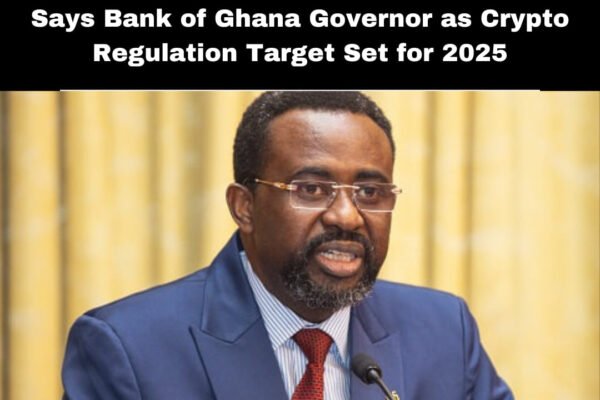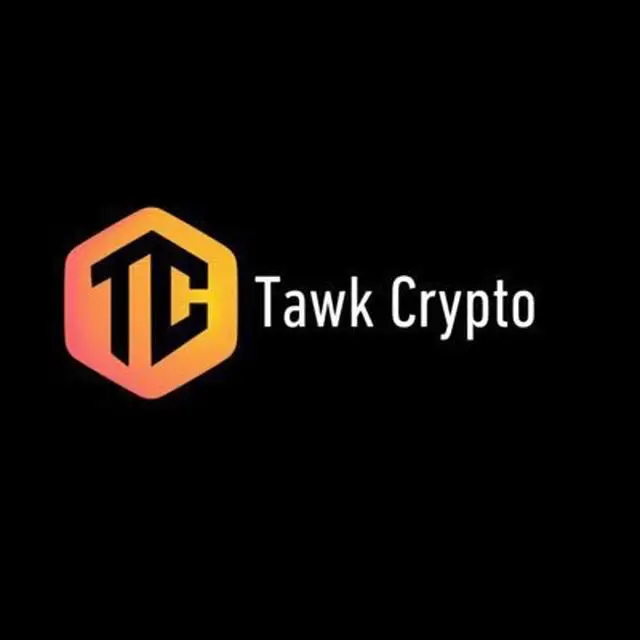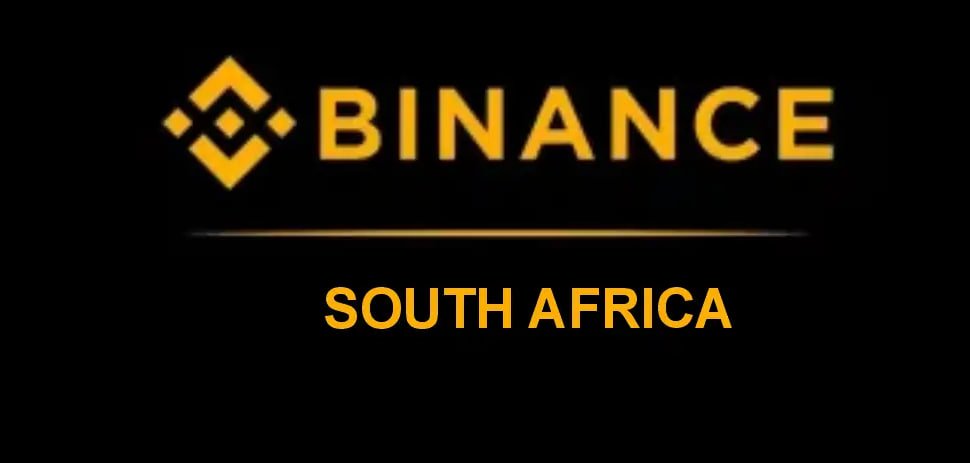

“This Is a Technology We Cannot Prevent,” Says Bank of Ghana Governor as Crypto Regulation Target Set for 2025
The Bank of Ghana (BoG) plans to regulate cryptocurrency and virtual asset platforms by September 2025, aiming to catch up with its African peers in establishing a structured framework for the digital economy.
Speaking at the African Leaders and Partners Forum—an event hosted by the EBII Group alongside the IMF/World Bank Spring Meetings in Washington, D.C.—Dr. Johnson Asiama, Governor of the Bank of Ghana, announced the bank’s commitment to crypto regulation. The move, he explained, hinges on the approval of the upcoming Virtual Asset Providers Act, which would empower the BoG to license and supervise platforms and participants in Ghana’s growing virtual asset sector.
“This is a technology we cannot prevent, hence the need to move fast to regulate it,” Asiama emphasized during his address.
Bank of Ghana to Launch Digital Assets Unit
In line with its crypto regulation plans, the Bank of Ghana is setting up a dedicated digital assets unit. According to Dr. Asiama, this new department will focus on the supervision, licensing, and risk management of virtual asset service providers operating within the country.
The move signals a significant shift in the bank’s stance toward cryptocurrency. Historically, Ghana had taken a cautious approach. As far back as January 2018, the Bank of Ghana issued a public notice warning citizens that cryptocurrencies like Bitcoin were not legally recognized, advising both individuals and financial institutions to steer clear of crypto dealings.
However, the accelerating pace of crypto adoption across Africa has prompted a more proactive stance from many central banks, including Ghana’s.
Africa’s Regulatory Race: Ghana Catching Up
Compared to other African nations, Ghana has lagged behind in building a comprehensive crypto regulatory framework. Neighboring countries are already making notable strides:
- Nigeria introduced a full crypto regulation framework in June 2024. Nigerian-owned crypto exchanges like Busha and Quidax became the first to receive licenses under the Securities and Exchange Commission (SEC) regulatory regime.
- South Africa’s Financial Sector Conduct Authority (FSCA) has emerged as the continent’s leader, having approved 248 crypto asset service provider (CASP) licenses so far.
- Kenya’s Finance Ministry recently forwarded a Virtual Asset Providers Bill to parliament, aiming to align with global anti-money laundering standards and avoid penalties from the Financial Action Task Force (FATF).
These developments reflect the wider recognition among African policymakers that cryptocurrencies and blockchain technology are here to stay—and that regulation, rather than prohibition, is the path forward.
CBDC Efforts Put on Hold
Interestingly, while the Bank of Ghana was once a pioneer in digital innovation with its eCedi Central Bank Digital Currency (CBDC) project, those efforts have been temporarily paused. Despite conducting a successful pilot in 2024, the rollout of the eCedi has been delayed as the bank redirects its focus toward regulating the broader digital asset ecosystem.
With the formation of a specialized digital assets unit and the pending passage of the Virtual Asset Providers Act, Ghana is signaling its intention to create a safer and more structured environment for cryptocurrencies and blockchain-based innovations.
Why This Matters
As the cryptocurrency economy continues to expand across Africa, Ghana’s pivot toward regulation positions it to unlock new economic opportunities while safeguarding its financial system against emerging risks. If successful, Ghana could soon join Nigeria, South Africa, and Kenya as one of Africa’s leading hubs for crypto innovation and investment.







